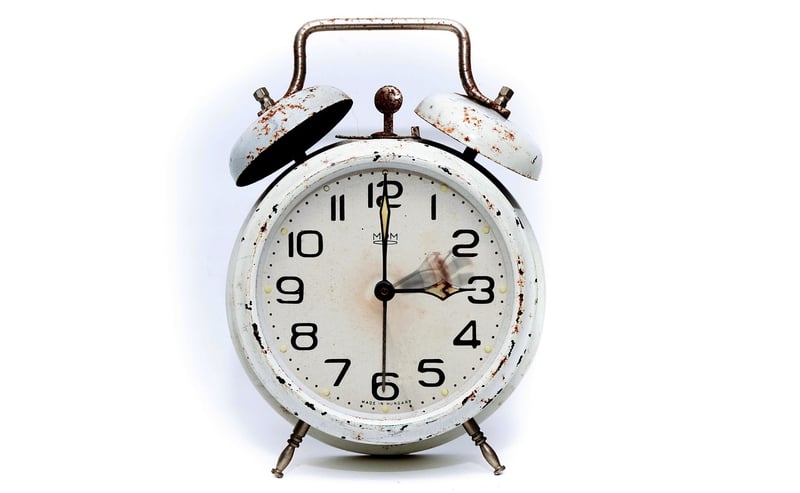Temporal Paradoxes
The Consequences of Temporal Paradoxes
Introduction to Temporal Paradoxes
Temporal paradoxes are intriguing concepts that arise when time travel is involved. They are situations where the normal flow of cause and effect is disrupted, leading to paradoxical outcomes.
Types of Temporal Paradoxes
- Grandfather Paradox: Involves a time traveler going back in time and inadvertently preventing their grandparents from meeting, thus preventing the time traveler's birth.
- Bootstrap Paradox: Involves an object or information that has no origin, creating a loop where the item is its own cause.
- Ontological Paradox: Involves a time traveler bringing information from the future, leading to a chain of events that ultimately result in the traveler's decision to go back in time.
Consequences of Temporal Paradoxes
While temporal paradoxes make for fascinating thought experiments, they come with significant consequences:
1. Reality Destabilization
Temporal paradoxes can destabilize the fabric of reality, creating inconsistencies and contradictions that defy logical explanation.
2. Causality Loops
Causality loops can occur, where events depend on each other in a never-ending cycle, making it impossible to determine the original cause.
3. Altered Timelines
Temporal paradoxes can lead to the creation of alternate timelines or parallel universes, each with its own set of consequences and implications.
Conclusion
While the concept of temporal paradoxes is captivating, it underscores the complexity and fragility of time itself. As we delve into the realm of time travel, we must be mindful of the potential consequences and paradoxes that may arise.

Explore more about temporal paradoxes and their consequences to unravel the mysteries of time!
